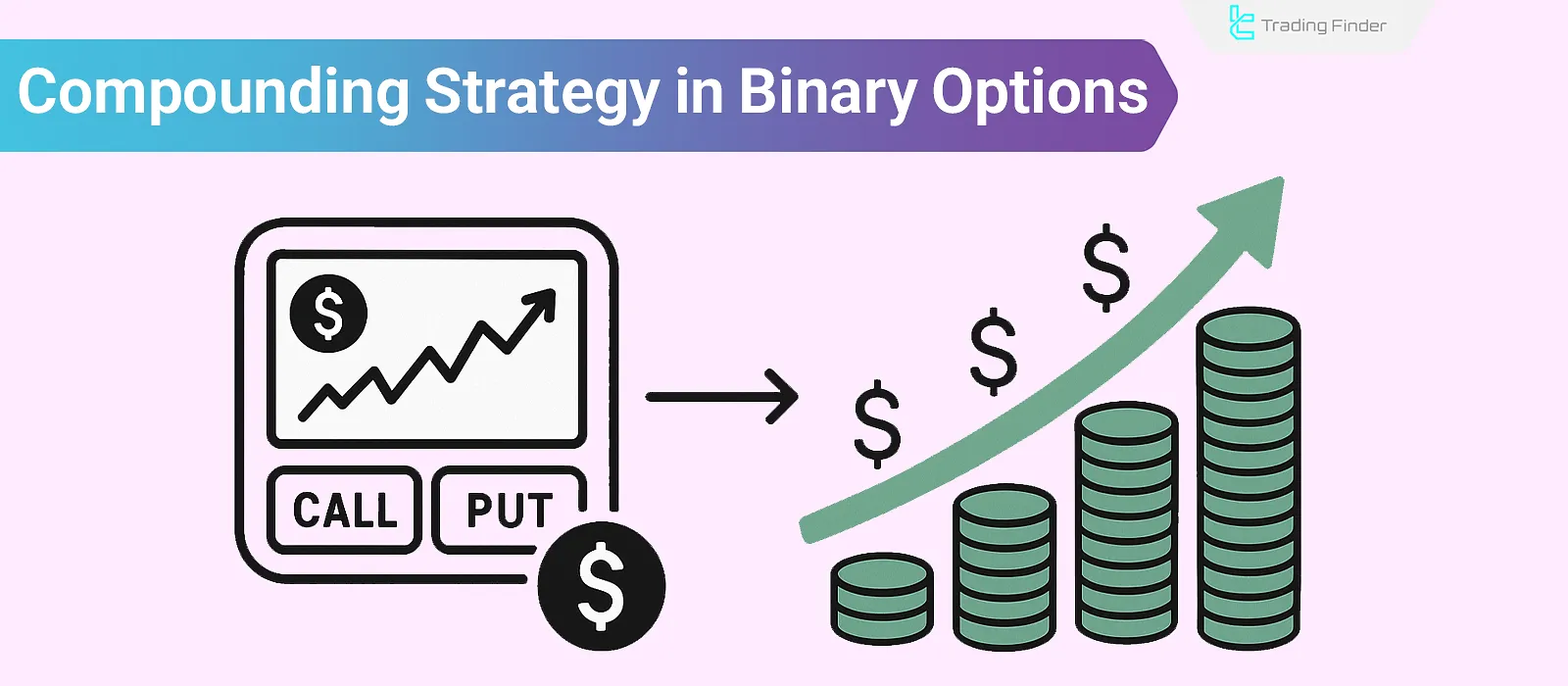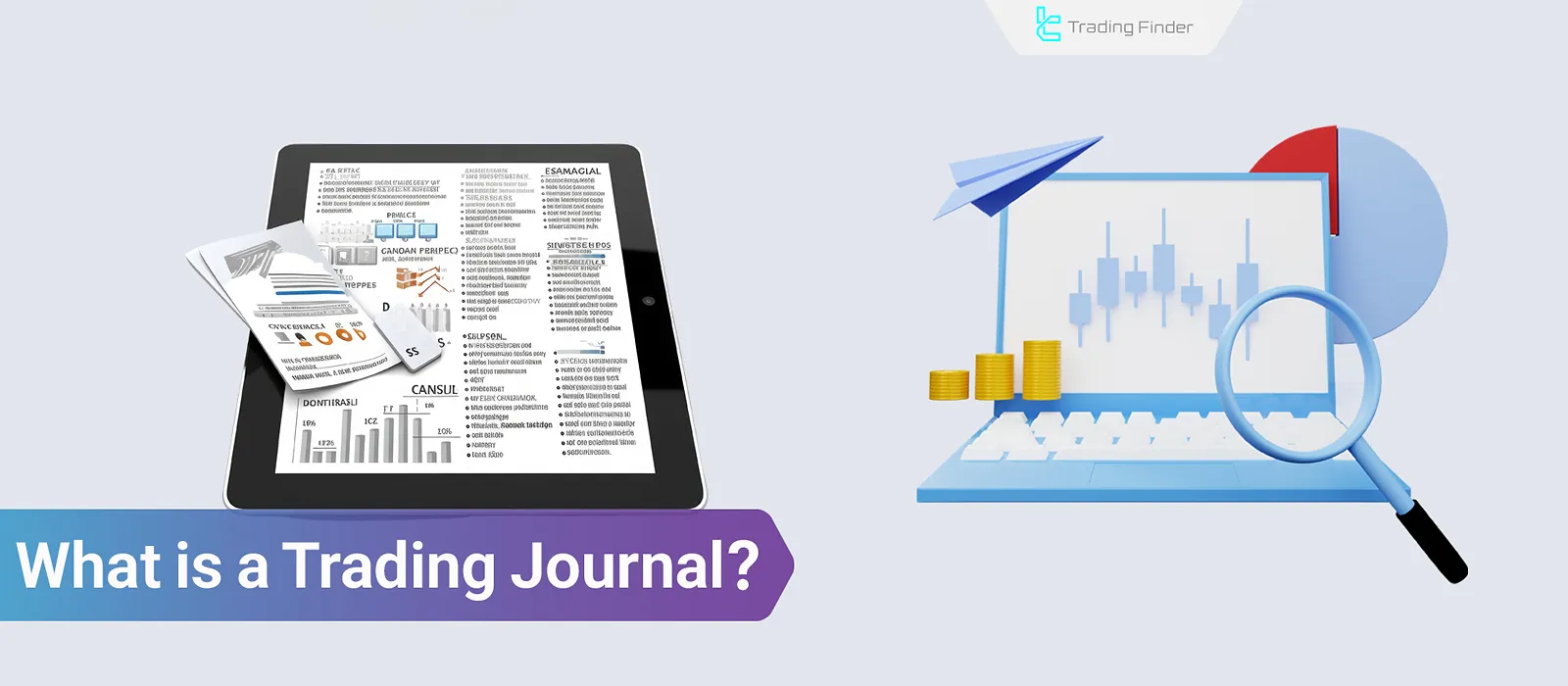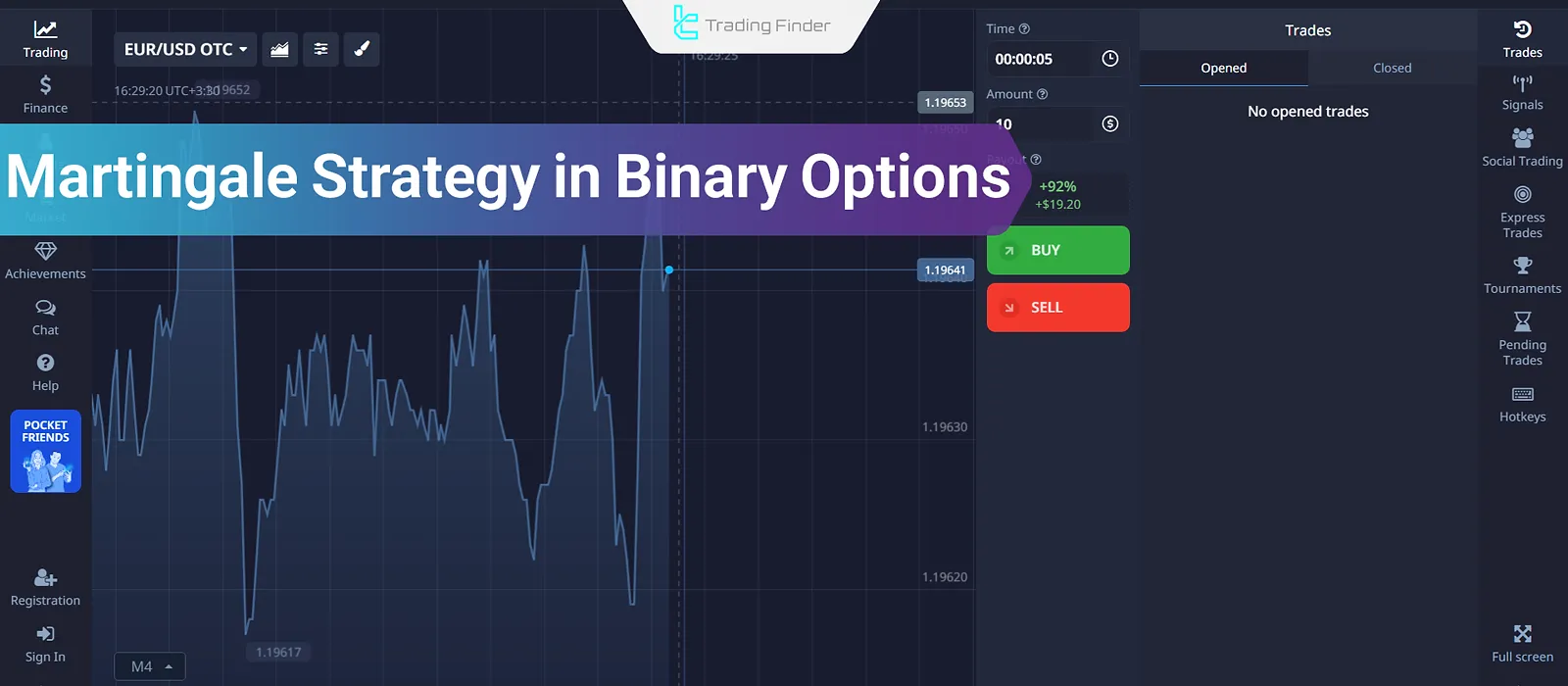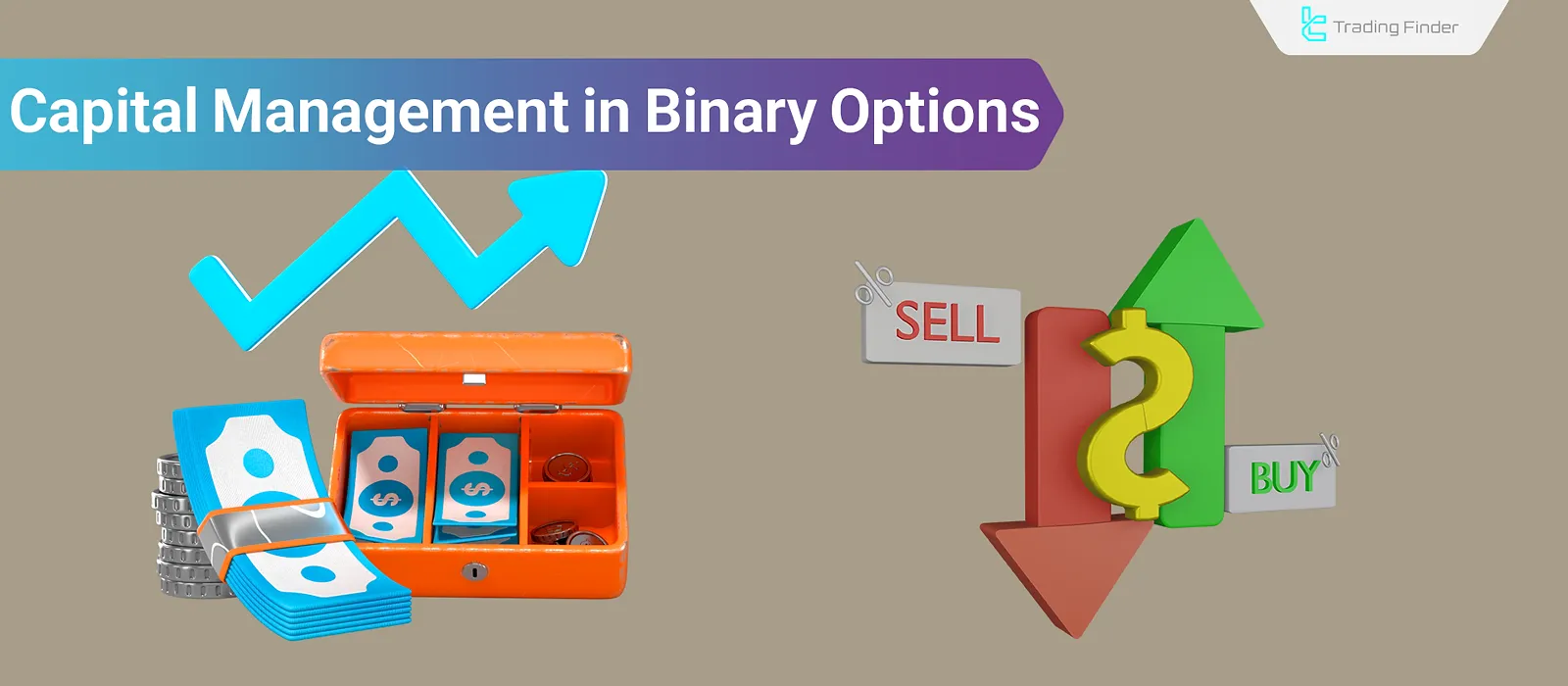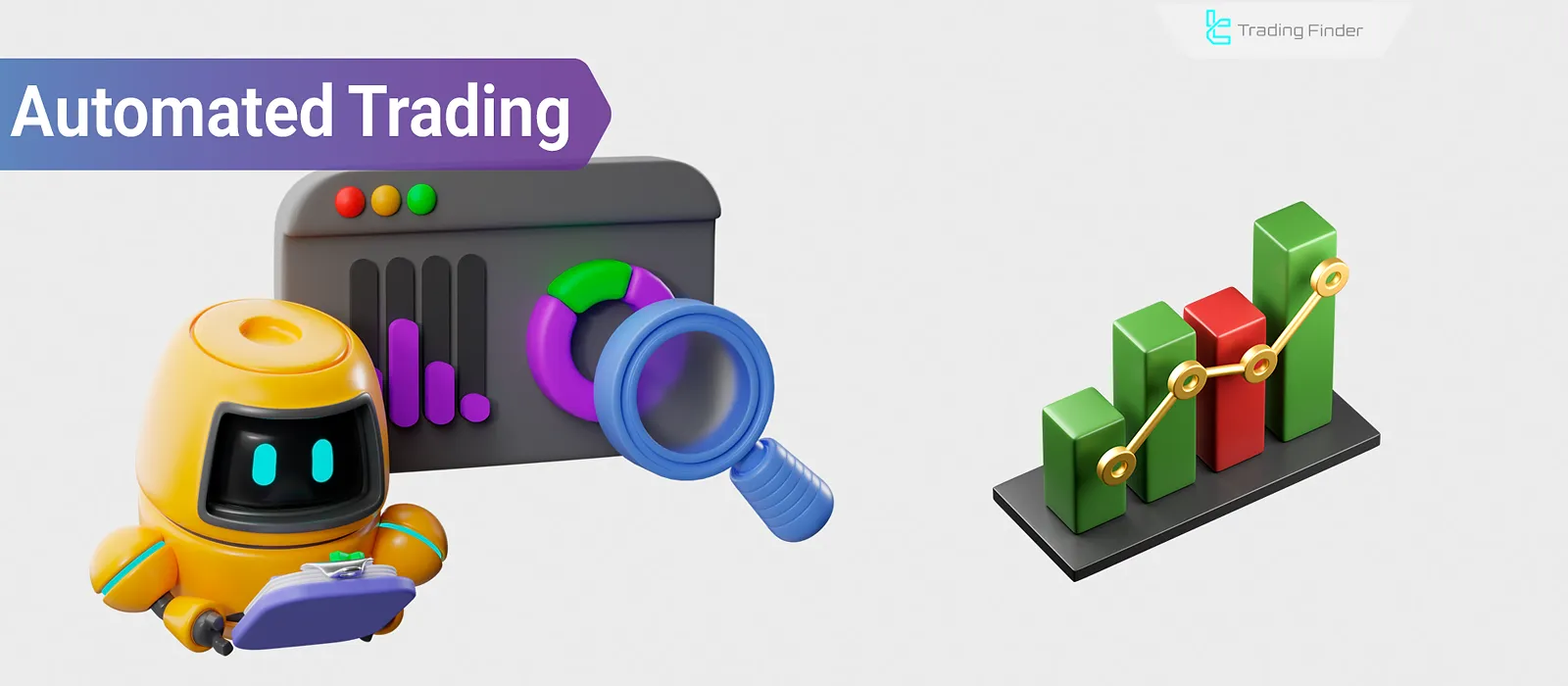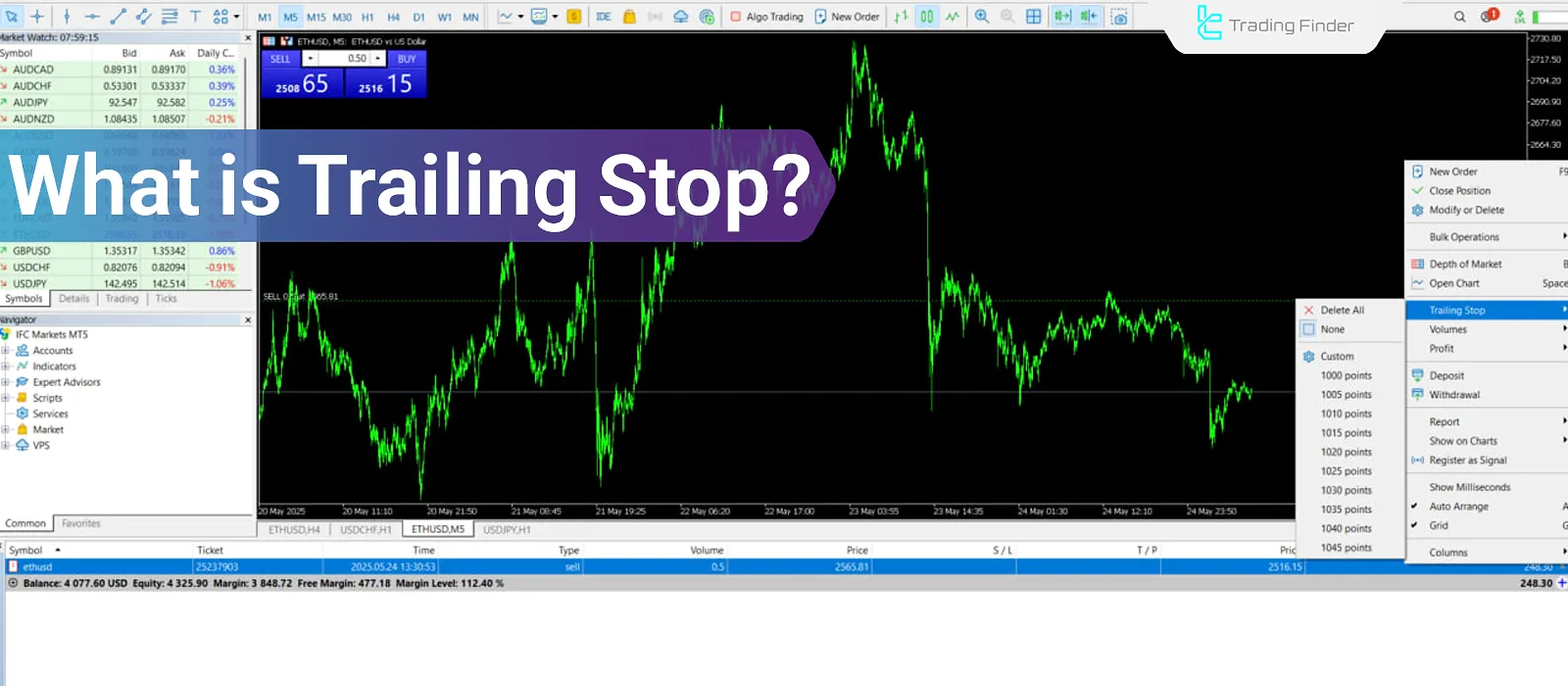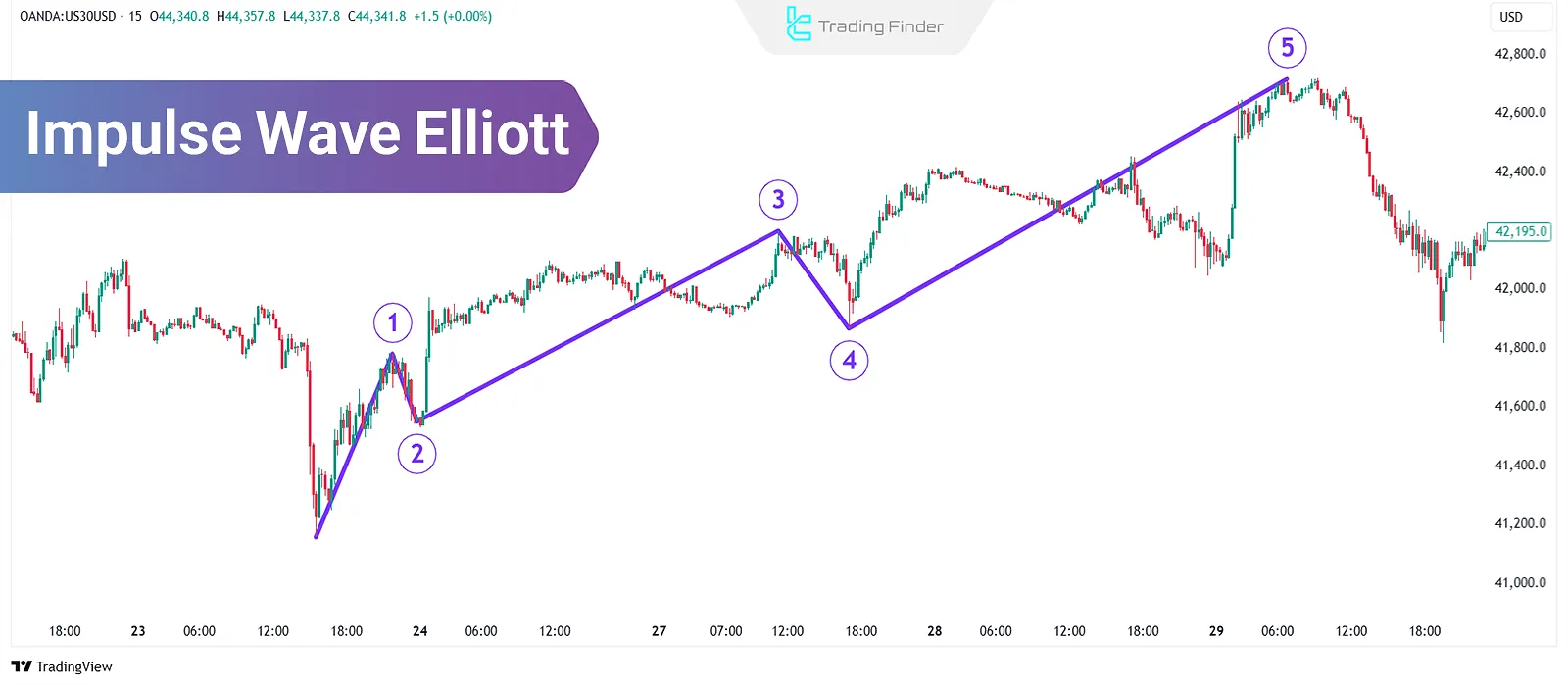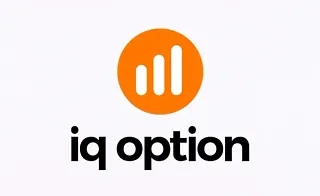- TradingFinder
- Education
- Forex Education
Forex Education
Forex trading offers opportunities to profit from global currency fluctuations, but success requires solid education and a strategic approach. Forex education encompasses various learning paths, from understanding basic forex concepts to mastering advanced strategies and trading psychology. Trading Finder offers the best Forex educational content for traders with various levels of knowledge and experience. This content covers basic Forex-related topics, including Forex market hours, trading platforms, spreads, commissions, Forex brokers, currency pairs, and general Forex terms such as pips, leverage, and margin. Our team of expert creators doesn’t stop there and also creates content for professional traders. These advanced educational resources cover both fundamental and technical analysis concepts. From Economic calendar, interest rate decisions impacts, economic reports impact including NFP or GDP, Forex regulatory bodies such as SEC, FCA, and ASIC, to technical analysis tools and strategies, including price action trading, various indicators such as RSI, moving average, Bollinger bands, and technical patterns, Trading Finder cover everything a trader needs to know.
What is a Forex Journal? Recording Trading Conditions and Trade Volume
One of the most important factors in improving the performance of forex traders is the documentation and analysis of the trading...
Download and Install NinjaTrader [Windows, Mac, Android, and iOS] - Free Guide
NinjaTrader is one of the professional trading platforms in financial markets that provides users with advanced technical analysis,...
What Is NinjaTrader? Installation Guide for NinjaTrader 8 [Free Version]
NinjaTrader is one of the advanced platforms for technical analysis, automated trading, and order execution in financial markets....
Compounding Strategy in Binary Options; Reinvesting Profits in Trades
The Compounding Strategy in Binary Options is a method where the trader does not withdraw profits from each trade. Instead, they...
Trading Journal; Application in Risk Management and Error Identification
A trading journal is a tool for recording Past trade review, analyzing performance, risk, and identifying mistakes. Trade date,...
Martingale in Binary Options; Considerations Before Use and Loss Recovery
The Martingale strategy in binary options is based on doubling the investment size after each loss so that, on the first winning...
Capital Management in Binary Options: The Percent Rule & Doubling Up
Money Management in Binary Options (Binary Option), as an important part of the trading process, determines the survival and growth...
Automated Trading; Decision-Making with Predefined Logic in Financial Markets
In the Forex market, speed, accuracy, and emotional control are three factors that directly determine a trader’s profit or loss....
Tokyo Session; Highly Volatile Pairs (EUR/JPY, AUD/JPY, NZD/JPY, GBP/JPY)
The Tokyo session (Tokyo session), as Asia’s trading hub, begins with the activity of the Bank of Japan, financial institutions,...
Trailing Stop – The Use of a Dynamic (Floating) Stop Loss in Different Markets
A Trailing Stop is a type of stop-loss order that adjusts according to the instructions defined by the trader. This...
Elliott Impulse Wave Explained: Terminal vs Trending Impulse Structures
Impulse Wave Elliott (also called Elliott impulse waves) represent the basic structure of price movement in the market and act as...
What Is an Islamic Forex Account? Swap-Free (Interest-Free) and Halal Trading in the Forex Market
In the Forex market, trades often remain open for more than one day and are therefore subject to overnight swaps. A swap...
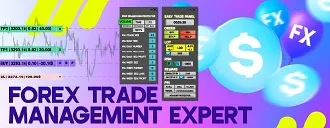
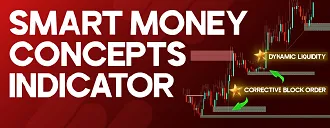
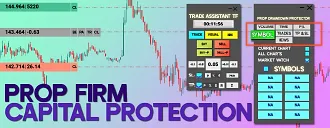
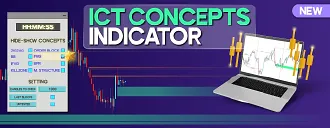


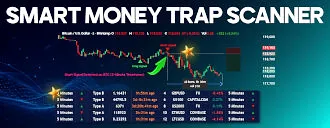
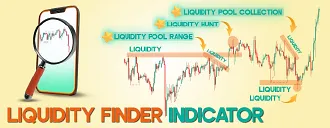
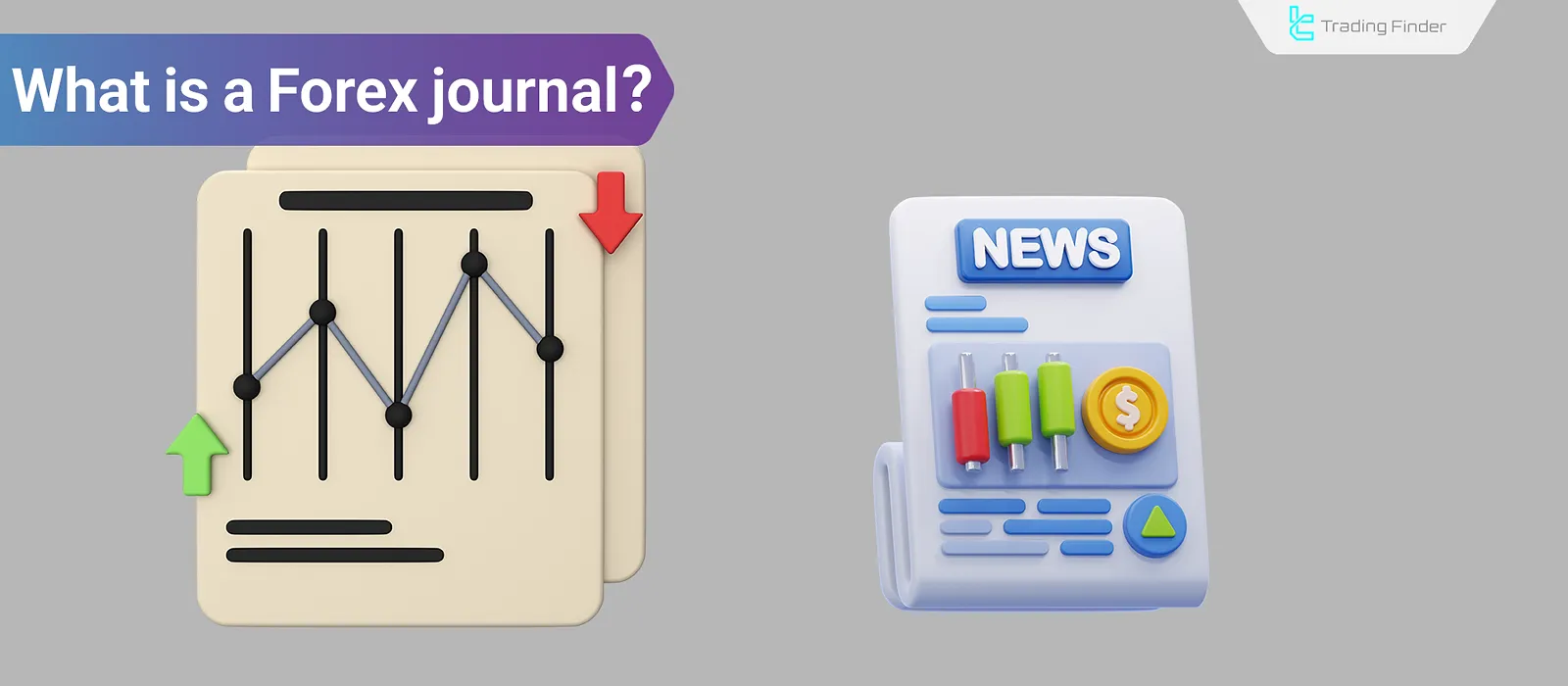
![Download and Install NinjaTrader [Windows, Mac, Android, and iOS] - Free Guide](https://cdn.tradingfinder.com/image/615975/7-169-en-download-and-instal-ninja-trader-01.webp)
![What Is NinjaTrader? Installation Guide for NinjaTrader 8 [Free Version]](https://cdn.tradingfinder.com/image/603241/7-168-en-what-is-ninja-trader-01.webp)
